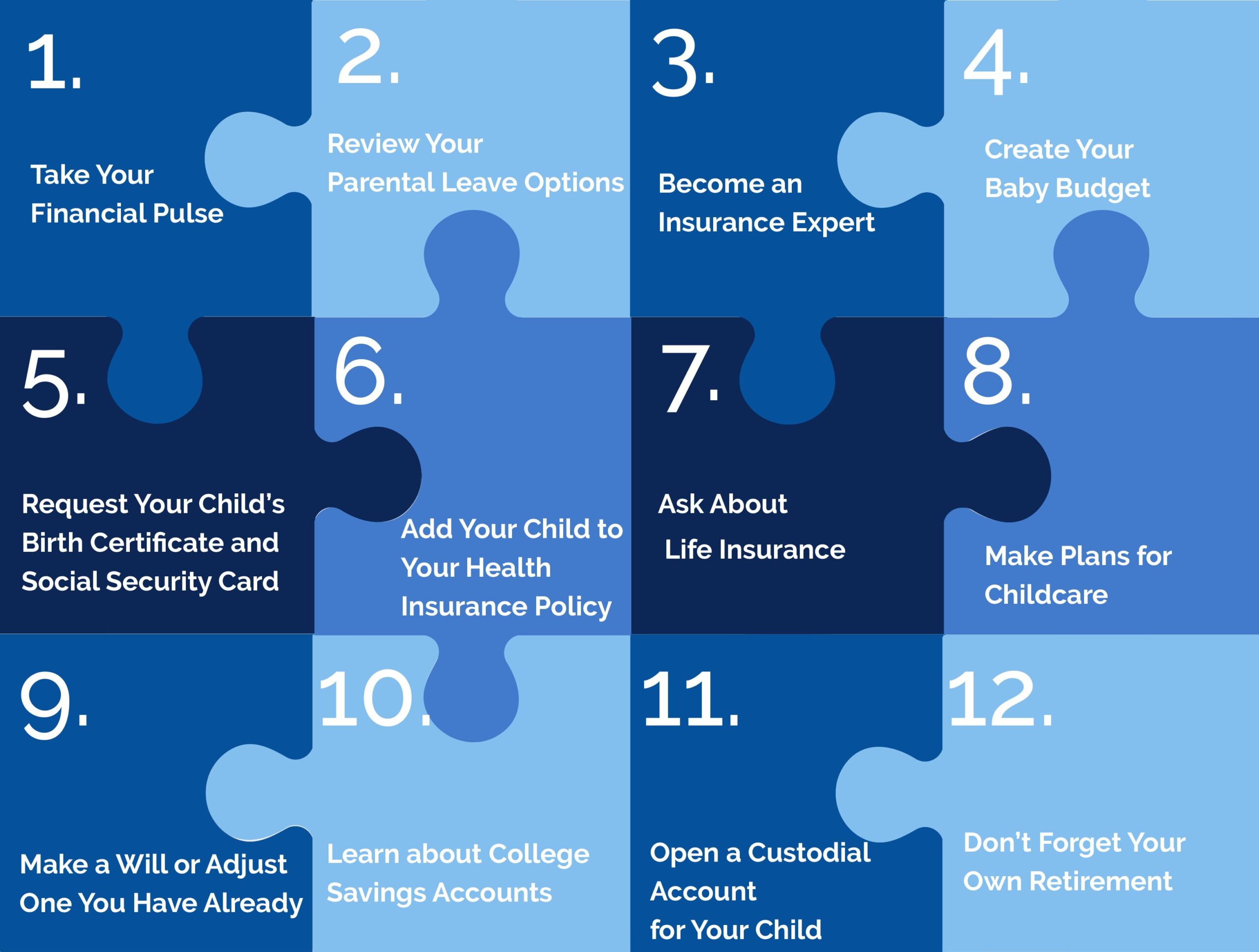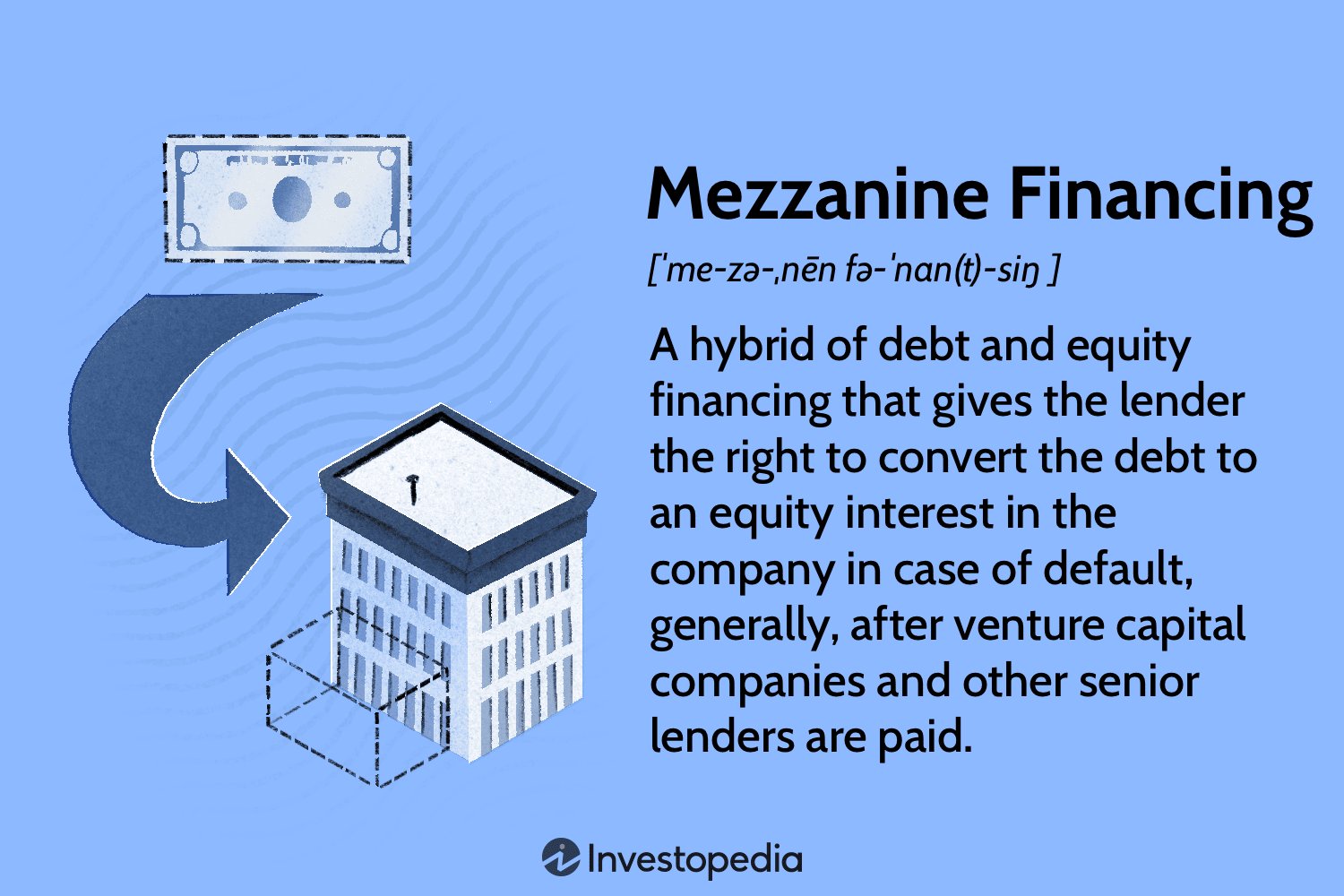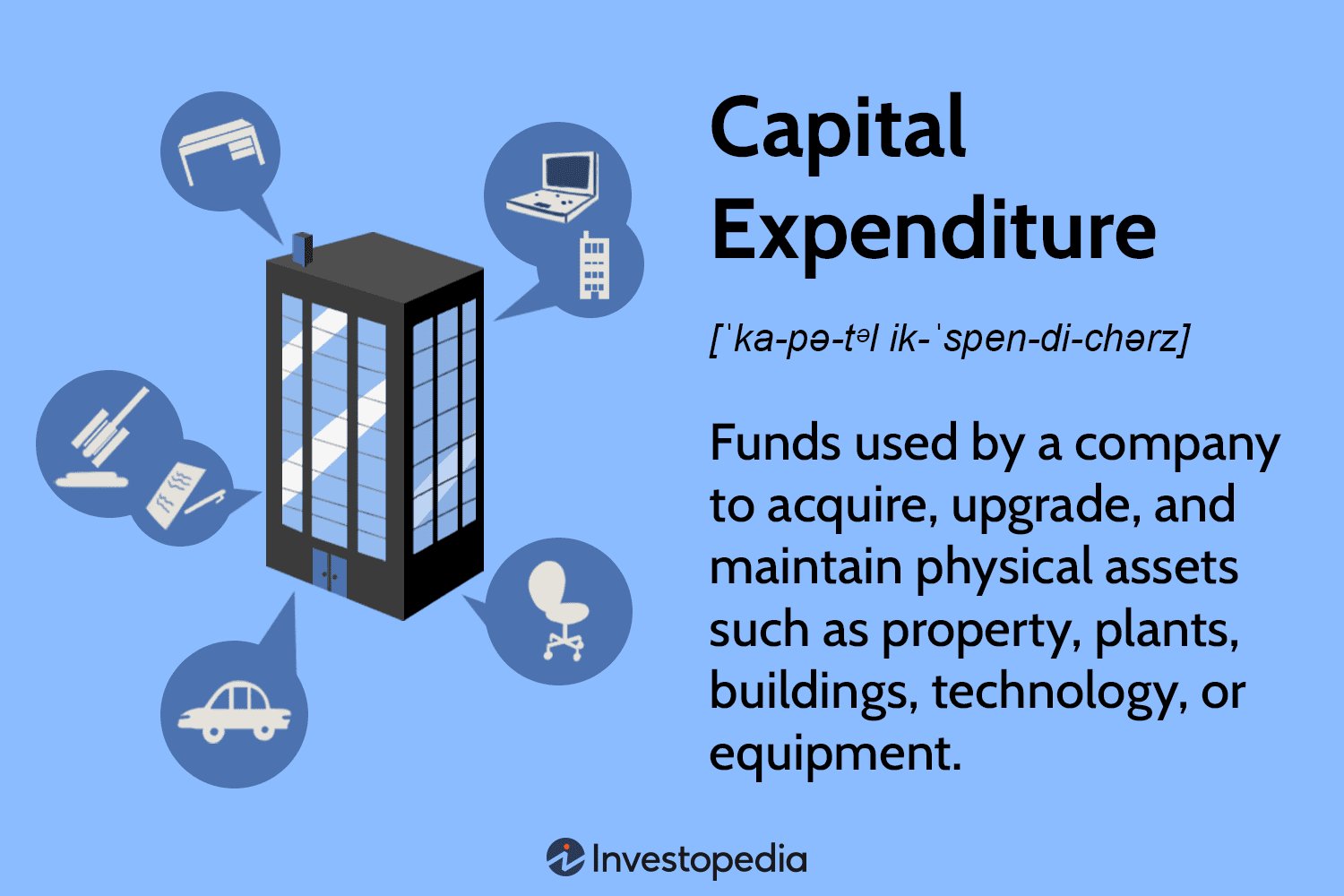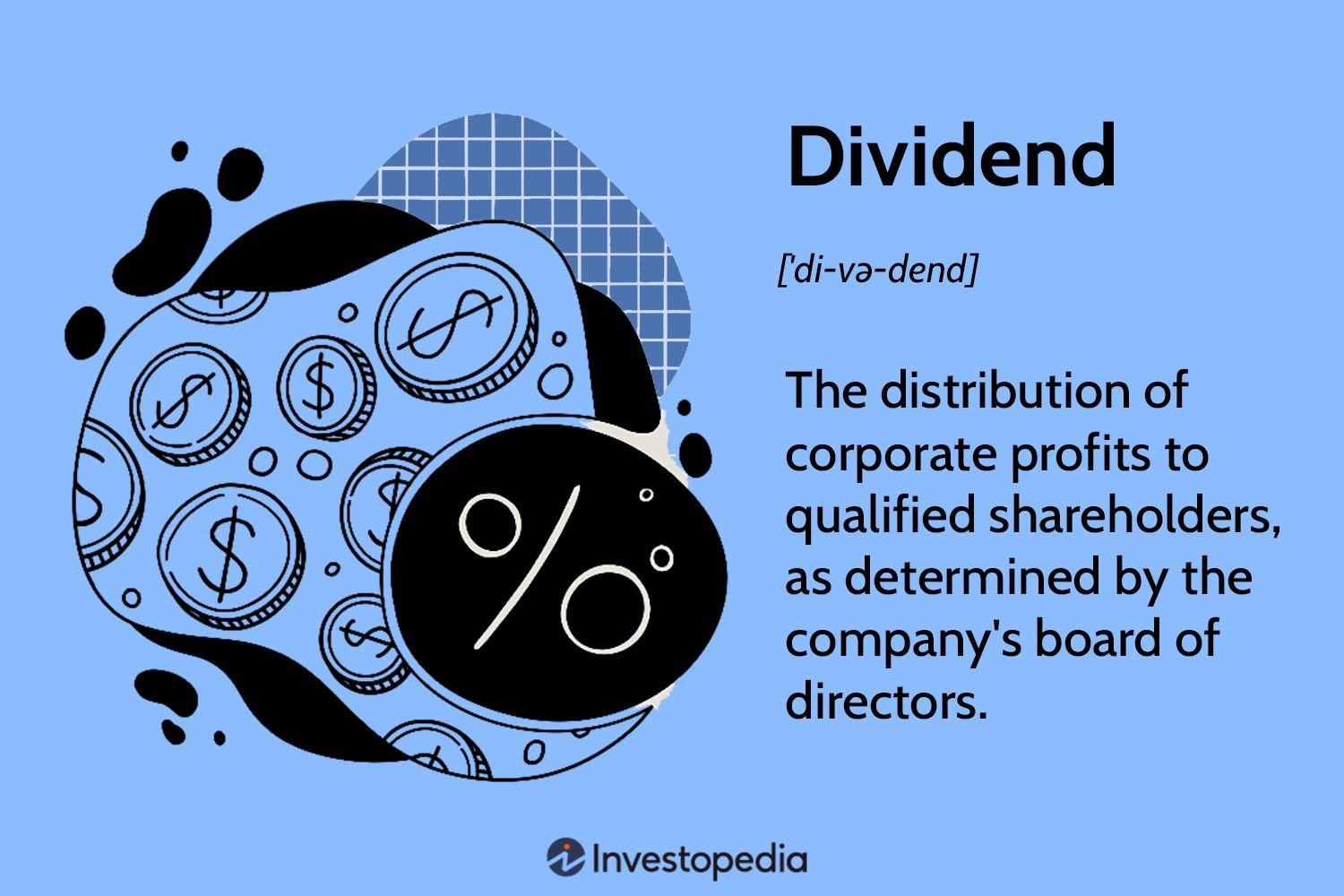Congratulations on your upcoming bundle of joy! As you eagerly await the arrival of your newborn, it’s important to ensure your financial footing is secure. You may be wondering, “How can I prepare financially for a newborn?” Well, fret not, because I’m here to guide you through the steps. From setting up a budget to exploring insurance options, this blog article will provide you with the practical advice you need to confidently navigate the financial aspects of welcoming your little one. So, let’s dive in and learn how to prepare financially for a newborn together!
How to Prepare Financially for a Newborn
Bringing a newborn into the world is an exciting and joyous occasion, but it also comes with its fair share of responsibilities and expenses. From healthcare costs to diapers and everything in between, it’s important to have a solid financial plan in place before your bundle of joy arrives. In this article, we will discuss various strategies and tips on how to prepare financially for a newborn. Let’s dive in!
Create a Budget and Analyze Your Current Financial Situation
Before your baby arrives, it’s essential to assess your current financial situation and create a realistic budget. Understanding your income, expenses, and savings will help you identify areas where you can cut back and allocate funds for your new addition. Here’s how you can start:
- List all your sources of income, including salaries, investments, and any additional side gigs.
- Track your expenses for a few months to get an accurate understanding of your spending habits.
- Categorize your expenses into necessary (e.g., rent, utilities, groceries) and discretionary (e.g., entertainment, dining out) to identify areas where you can reduce costs.
- Factor in new expenses such as diapers, formula, medical bills, and childcare.
Once you have a clear picture of your finances, you can create a budget that accommodates your baby’s needs without putting excessive strain on your wallet.
Review and Update Your Insurance Coverage
With a baby on the way, it’s crucial to review and update your insurance coverage to ensure your family is adequately protected. Here are a few insurance policies to consider:
Health Insurance
Review your health insurance plan and understand what it covers in terms of prenatal care, delivery, and pediatric services. Familiarize yourself with any deductibles, copayments, or out-of-pocket expenses you may encounter during and after pregnancy. If your current plan doesn’t provide sufficient coverage, explore other options and compare plans to find the best fit for your growing family.
Life Insurance
Life insurance is an important financial tool that provides a safety net for your loved ones in the event of your passing. Assess your current life insurance coverage and consider increasing the policy amount to adequately protect your growing family. Look into term life insurance policies, which typically offer affordable premiums and coverage for a specified period.
Disability Insurance
Disability insurance is designed to replace a portion of your income if you become disabled and unable to work. It’s particularly important for parents, as your ability to earn an income is crucial for your family’s financial stability. Check if your employer provides disability insurance and consider supplementing it with a private policy if needed.
Start an Emergency Fund
An emergency fund is an essential financial cushion that can provide peace of mind during unexpected situations. It becomes even more crucial when you’re expecting a child. Aim to build an emergency fund that covers at least six months’ worth of living expenses. This fund will serve as a safety net if you or your partner experiences a job loss or unforeseen medical expenses arise.
To start your emergency fund:
- Set a specific savings goal and determine how much you can comfortably contribute each month.
- Open a separate bank account specifically for your emergency fund.
- Automate regular contributions to your emergency fund by setting up automatic transfers from your main account.
- Avoid dipping into your emergency fund unless it’s a true emergency.
Building an emergency fund takes time, so it’s important to start as soon as possible to ensure you’re financially prepared for any unexpected situations.
Plan for Childcare Expenses
Childcare expenses can be a significant financial burden for new parents. Start researching and planning for childcare options well in advance to understand the associated costs and make an informed decision. Here are some factors to consider:
Daycare Centers
Research the daycare centers in your area and compare their prices, services, and reputation. Take into account the location, hours of operation, and staff-to-child ratios. Keep in mind that daycare costs can vary widely depending on the location and quality of care.
In-Home Childcare
Some parents prefer in-home childcare, such as hiring a nanny or au pair. While this option provides more personalized care for your child, it can be more expensive. Evaluate the costs and consider conducting thorough background checks and interviews when selecting a caregiver.
Family Support
Explore whether family members or close friends might be available and willing to assist with childcare. While this option may not have a direct financial cost, it’s important to consider any potential lifestyle adjustments or compromises that may come with relying on family support.
By planning ahead and understanding the potential costs associated with childcare, you can better budget for this significant expense.
Start Saving for Your Child’s Future
While it may seem early, it’s never too soon to start saving for your child’s future. By starting early, you can take advantage of compounding growth over time. Consider the following options:
529 College Savings Plan
A 529 plan is a tax-advantaged savings plan designed specifically for education expenses. It allows you to invest funds, which can grow tax-free, and withdraw them tax-free when used for qualified educational expenses. Research different 529 plans available in your state and explore their features, investment options, and associated fees.
Custodial Savings Account
A custodial savings account, also known as a Uniform Gift to Minors Act (UGMA) or Uniform Transfers to Minors Act (UTMA) account, allows you to save and invest money on behalf of your child. The account is in your child’s name, but you have control over the funds until they reach the age of majority. It’s a flexible savings option that can be used for a variety of purposes, including education, starting a business, or purchasing a home in the future.
Consider Your Own Retirement Savings
While it’s important to save for your child’s future, don’t neglect your own retirement savings. Remember that your child can always apply for scholarships, grants, or student loans to fund their education, but you won’t have the same opportunities to fund your retirement. Prioritize your retirement savings to ensure you’re financially secure in your golden years.
Recalculate Your Taxes and Consider Tax Benefits
Having a child can impact your tax situation, so it’s essential to recalculate your taxes and take advantage of any available tax benefits. Here are a few considerations:
Dependent Exemption and Child Tax Credit
With the introduction of the Tax Cuts and Jobs Act, the dependent exemption has been temporarily suspended, but the Child Tax Credit has been expanded. Ensure you understand the eligibility criteria, income limits, and the amount of credit you may be eligible for. Consult with a tax professional to maximize your tax savings.
Medical Expense Deductions
Childbirth and related medical expenses can add significant costs to your budget. Depending on your income and medical expenses, you may be eligible to deduct a portion of these expenses on your tax return. Keep track of all medical expenses and consult with a tax professional to determine if you qualify for the deduction.
Flexible Spending Accounts (FSAs) and Health Savings Accounts (HSAs)
If your employer offers FSAs or HSAs, take advantage of these accounts to save on healthcare costs. FSAs allow you to set aside pre-tax dollars to cover eligible medical expenses, including prenatal care, delivery costs, and prescription medications. HSAs, on the other hand, are available to individuals with high-deductible health insurance plans and offer tax advantages for qualified medical expenses.
Review Your Employee Benefits
If you’re employed, review your employee benefits package to assess any additional perks or programs that can help you financially prepare for a newborn. Some benefits to look out for include:
Maternity and Paternity Leave
Understand your company’s policies regarding maternity and paternity leave. Determine if you are entitled to paid or unpaid leave and for how long. Planning ahead for time off work will help you navigate your finances during this transition period.
Flexible Work Arrangements
Some employers offer flexible work arrangements such as telecommuting or adjusted working hours. Explore whether these options are available to you and if they can provide you with more flexibility in managing both work and childcare responsibilities.
Employee Assistance Programs (EAPs)
EAPs often provide a range of resources, including financial counseling, childcare referrals, and parenting support. Take advantage of these services to gain additional guidance on how to manage your finances and navigate the challenges of parenthood.
Involve Your Partner in Financial Planning
Finances can be a significant source of stress for new parents, so it’s crucial to involve your partner in the financial planning process. Openly discuss your financial goals, concerns, and expectations to ensure you’re both on the same page. Consider these steps:
- Schedule regular financial planning meetings to review your budget, savings, and progress towards your goals.
- Delegate financial responsibilities and make sure each partner knows their role.
- Keep the lines of communication open and be willing to compromise when necessary.
By working together as a team, you can alleviate the financial stress and create a solid foundation for your growing family.
Preparing financially for a newborn requires careful planning, budgeting, and reassessment of your current financial situation. By creating a realistic budget, reviewing your insurance coverage, building an emergency fund, planning for childcare costs, and saving for your child’s future, you’ll be better equipped to handle the financial responsibilities that come with raising a baby. Remember to consult with financial professionals and take advantage of available resources to ensure you make informed decisions. With proper financial preparation, you can focus on enjoying the precious moments with your new arrival without unnecessary money-related stress.
Preparing For A Baby Financially (For New Moms And Soon-To-Be Moms)! | Clever Girl Finance
Frequently Asked Questions
Frequently Asked Questions (FAQs)
How do I prepare financially for a newborn?
Preparing financially for a newborn is an important step to ensure a smooth transition. Here are some key considerations:
What expenses should I anticipate when preparing for a newborn?
When preparing for a newborn, you should anticipate expenses such as medical bills, diapers, formula, clothing, baby gear, child care, and education savings.
Should I consider setting up a baby budget?
Yes, setting up a baby budget can help you allocate funds for various baby-related expenses and better manage your finances during this period.
What are some ways to save money on baby expenses?
To save money on baby expenses, you can consider buying second-hand baby items, using cloth diapers instead of disposable ones, breastfeeding instead of using formula, and borrowing or renting baby gear when possible.
Is it necessary to have health insurance coverage for my newborn?
Yes, it is important to have health insurance coverage for your newborn as medical bills can be costly. Check with your employer or explore options for adding your newborn to your existing insurance plan.
How can I plan for unexpected expenses related to my newborn?
Planning for unexpected expenses is crucial. Consider setting up an emergency fund to cover any unexpected expenses that may arise, such as medical emergencies or unexpected needs for baby supplies.
Should I consider starting a college/education savings fund for my newborn?
Starting a college or education savings fund early on can help ensure your child’s future education is financially secure. Look into options such as a 529 savings plan or a dedicated savings account for this purpose.
Are there any government programs or benefits available for parents of newborns?
Yes, there are government programs and benefits available for parents of newborns. These may include programs like the Special Supplemental Nutrition Program for Women, Infants, and Children (WIC), Medicaid, and child tax credits. Research and find out which programs you may be eligible for.
Final Thoughts
In conclusion, preparing financially for the arrival of a newborn requires careful planning and consideration. Start by creating a budget that includes all necessary expenses related to the baby, such as diapers, formula, and doctor visits. It’s also important to determine how you will handle your income during parental leave and plan for any additional costs that may arise. Consider setting up a separate savings account specifically for baby-related expenses and explore options for insurance coverage. By taking these steps, you can ensure that you are well-prepared to meet the financial needs of your newborn.



